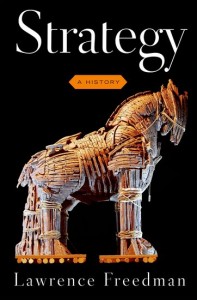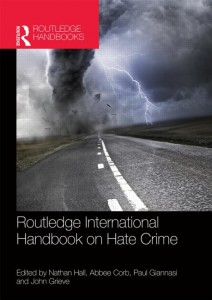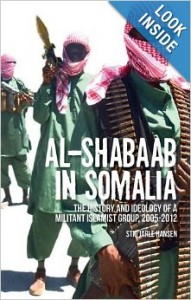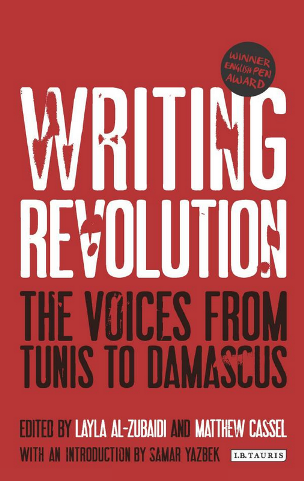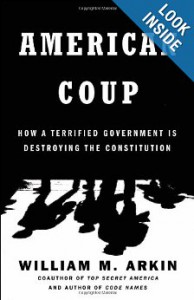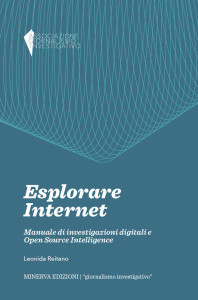
Autore: Leonida Reitano
Collana:Giornalismo Investigativo
Formato:14 x 21 cm
Pagine:264 + Cop. in brossura
Disponibile dal 20 novembre 2013
Lingua:Italiano
ISBN:978-88-7381-514-3
Questo è il primo manuale italiano rivolto all’utilizzo professionale della rete Internet per ricavare informazioni su fenomeni sociali e criminali, persone fisiche e giuridiche, profili individuali e collettivi. Un manuale per i giornalisti d’inchiesta, ma che torna utile a tutte le professioni aventi a che fare con l’investigazione.
La metodologia illustrata è l’OSINT (Open Source Intelligence, analisi delle fonti aperte) che comprende diversi ambiti disciplinari combinati tra loro (strumenti di hacking della rete, uso avanzato dei motori di ricerca, utilizzo dei portali di investigazioni digitali, tecniche di analisi investigative per valutare il materiale e proiettarlo su strumenti di elaborazione grafica dei dati) e ricorre a diverse fonti (mezzi di comunicazione di massa, dati pubblici, file multimediali, dati provenienti da database con informazioni istituzionali o da database a pagamento con informazioni di provenienza editoriale).
Attraverso l'analisi delle fonti aperte su Internet è possile ottenere informazioni significative pur partendo da pochissimi dati. L'indirizzo di un sito web, un'email, un semplice curriculum vitae possono diventare delle miniere di notizie e dettagli informativi. In un mondo aperto come quello di Internet, documenti, dati e informazioni saranno sempre più messi a disposizione degli utenti della rete. Conviene essere preparati e pronti allo sfruttamento di questa immensa risorsa.
In Italia il giornalismo investigativo è in piena espansione. Dal lato televisivo, per esempio, ci sono programmi come Report, Inchieste di Rainews24, Presa Diretta. È quindi il momento più adatto per lanciare sul mercato editoriale una collana giovane e agile, con nomi di spicco ma anche con esordienti in grado di realizzare inchieste di qualità: nasce così la nuova collana giornalismo investigativo, frutto dell’incontro tra l’AGI (Associazione di Giornalismo Investigativo) e Minerva Edizioni.
English translation of above, below the line.

